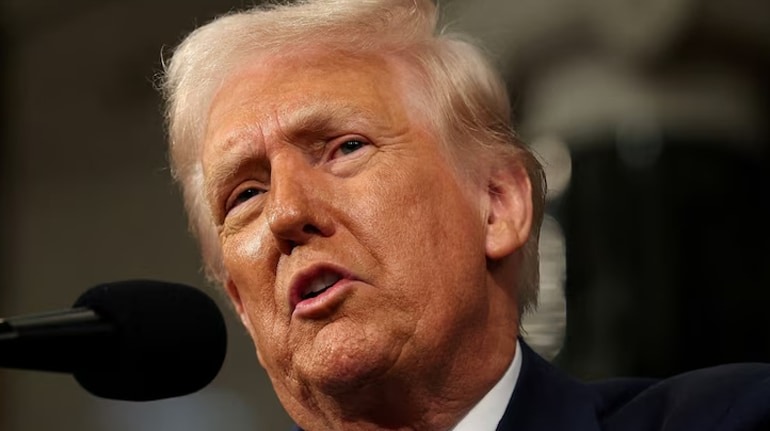
Former U.S. President Donald Trump has reignited speculation over the possibility of serving a third term, despite the constitutional restriction imposed by the 22nd Amendment. During a weekend interview, Trump insisted he was serious about exploring ways to extend his presidency.
Trump Reaffirms Third-Term Interest
Speaking with NBC News, Trump emphasized he was not joking about a potential third term. He mentioned the existence of "methods" that could allow him to remain in office beyond January 2029, though he did not provide specifics. Trump highlighted ongoing encouragement from his supporters to continue beyond two terms.
Unclear Plans and Scenarios
When asked whether he intended to serve past the traditional limit, Trump avoided a direct response but acknowledged that some people had offered actionable ideas. One suggestion involved Vice President JD Vance running for president and stepping down, a scenario Trump acknowledged as "one" possibility among others.
Legal Constraints on Presidential Terms
Constitutional experts have weighed in on the legal hurdles. The 22nd Amendment, adopted in 1951, prohibits anyone from being elected president more than twice. Legal scholars, including Professor Derek Muller of Notre Dame, emphasized that this restriction also prevents someone ineligible for the presidency from serving as vice president, under the 12th Amendment.
According to Muller, bypassing these limits would require an improbable degree of cooperation from lawmakers, courts, and the public. He suggested that Trump's third-term talk may be more about maintaining influence and political strength rather than pursuing a viable path forward.
Amending the Constitution: A Difficult Task
Any attempt to change the presidential term limit would require either a two-thirds vote in both houses of Congress or support from two-thirds of U.S. states to call a constitutional convention. Even then, the proposed change must be ratified by three-quarters of the states.
Historical Context of the Two-Term Tradition
The two-term tradition began with George Washington in 1796 and lasted until Franklin D. Roosevelt won four consecutive terms. Roosevelt’s presidency during World War II prompted the eventual ratification of the 22nd Amendment to formalize the two-term cap.
Read More: Beyond the Durand Line Why the Pakistan-Afghanistan Border is Reaching a Breaking Point

 Share
Share


_853562307_100x75.jpg)
_1063032679_100x75.jpg)